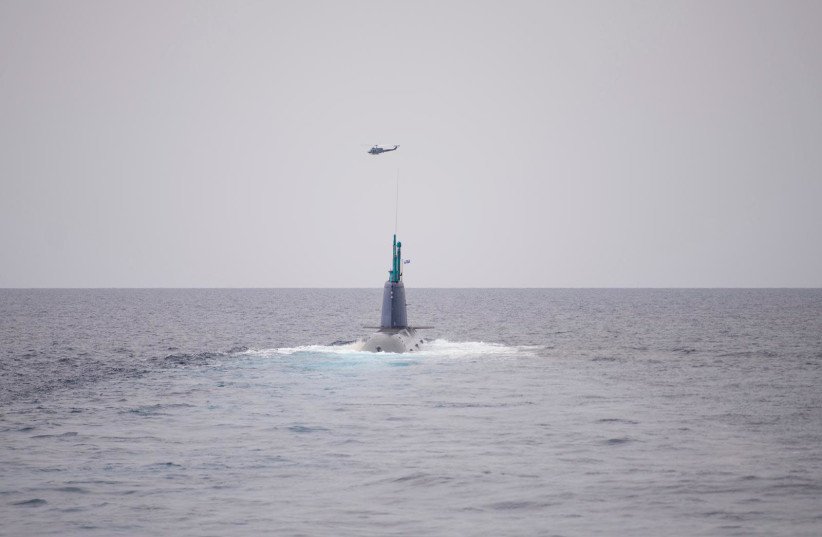Prime Minister Naftali Bennett’s government voted by a wide margin on Sunday to establish a state commission of inquiry into the role of former prime minister Benjamin Netanyahu and several of his top aides in Case 3000, the so-called submarine affair.
Bennett abstained, while his Yamina colleague, Interior Minister Ayelet Shaked, voted against the probe. New Hope ministers Ze’ev Elkin and Yoaz Hendel, who considered voting against it, ultimately voted for it.
“Forming the commission is a top-priority security need,” Defense Minister Benny Gantz said following the vote. “It is a clear message that you can’t play games with Israeli security.”
Case 3000 involves allegations of a mix of criminal misconduct and general policy-making misconduct in a series of deals with Germany regarding nuclear-powered submarines and other sea vessels.
While the criminal trial for the case has proceeded against several of Netanyahu’s former top aides, the former prime minister was never a suspect. That means a state commission of inquiry would be the first time he would truly face any major public consequences for his personal role in the affair.

Some of the core questions the commission is expected to examine are whether Netanyahu acted appropriately in completing aspects of the submarine deals with Germany behind the backs of the defense minister and top IDF officers and whether the submarines were necessary.
Bennett attempted to reassure Israelis on Sunday that the purchasing of submarines from Germany would be handled professionally by his government, which approved buying three new subs at a higher cost than Netanyahu’s government intended.
“It is important to me to tell Israeli citizens that the processes of security purchases of the government will be held free of foreign interests,” Bennett said. “Our sole compass will be the security of the State of Israel.”
In response, the Likud said the commission needs to investigate why the ministers voted to buy the subs now after opposing the purchases for so many years.
“Suddenly, they are approving the acquisitions while paying billions of shekels more at the expense of the public that would have been saved had the subs been bought on time,” a Likud spokesman said. “It is a scandal that submarines, which are integral to Israeli security, were delayed until now by failed politicians who harmed the security of the state for phony political reasons.”
Shaked said she voted against the probe because she did not believe it was right to set a precedent of one government investigating its predecessor or the security establishment investigating the government.
Former deputy national security adviser Avriel Bar-Yosef, who was indicted in the submarine affair, welcomed the decision to establish a commission. The commission would find that there are many more people involved than previously known, his attorney said.
Demonstrations in favor of the probe were held outside the Prime Minister’s Office during the vote.
